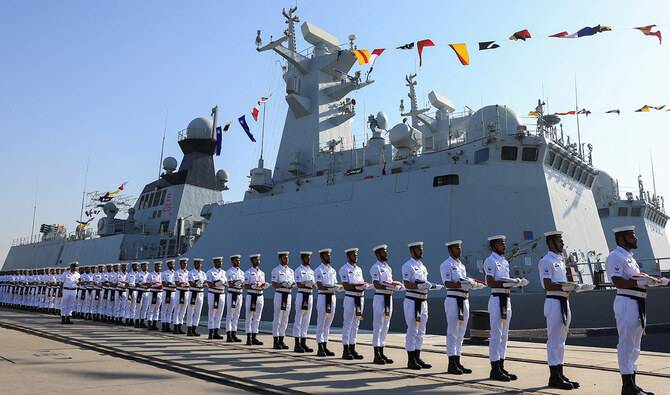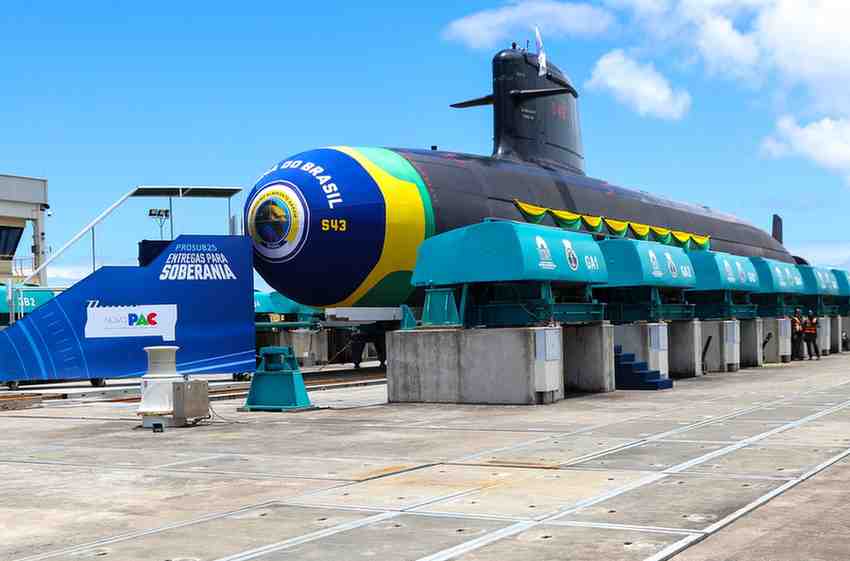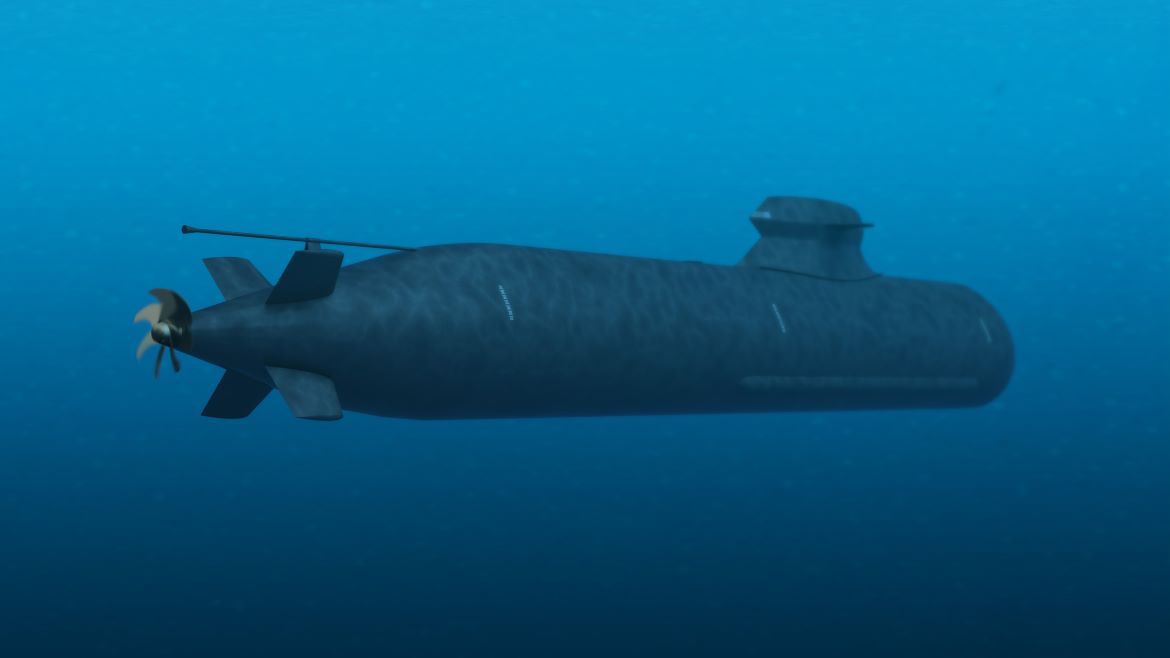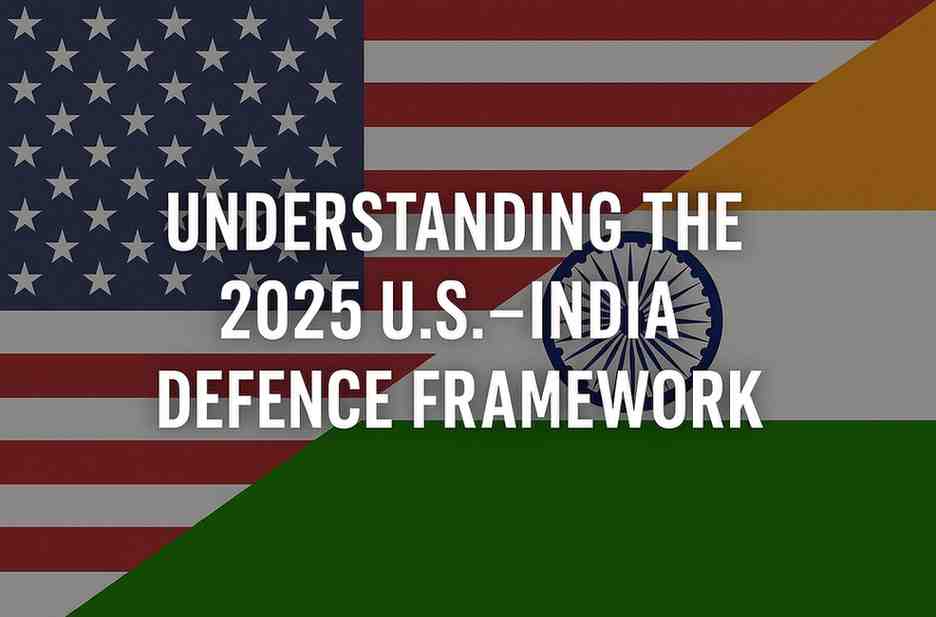The oceans, a shared heritage of humanity, play an increasingly critical role in global security and economic prosperity. As humanity’s dependence on marine resources continues to grow, the shift from geopolitics to geo-economics has become more evident. The economic benefits of oceans and their role as conduits for global trade highlight the importance of safeguarding the maritime domain. Ensuring the free and uninterrupted use of the world’s oceans is a cornerstone of global maritime nations’ security strategies, shaping policies to address the changing dynamics of the maritime domain.
The Indian Ocean Region (IOR) stands at the heart of this strategic maritime framework. Comprising numerous littoral states, including Pakistan, the IOR is home to diverse populations, political systems, and economic interests. The region is central to global energy security, with critical chokepoints facilitating energy transportation and global trade. The importance of the IOR to global trade and energy supply chains cannot be overstated.
Despite its strategic significance, the IOR faces persistent challenges, making it one of the most politically volatile regions in the world. Internal conflicts, regional power rivalries, and external interventions contribute to the complexity of the region’s security landscape. Non-traditional threats such as piracy, marine pollution, and environmental degradation further exacerbate instability. Technological advancements in naval weaponry and artificial intelligence, alongside the rise of power blocs and alliances, amplify the challenges faced by maritime stakeholders. Establishing naval bases, competition for control over strategic chokepoints, and shifting alliances add layers of complexity to the region’s maritime governance.
As a key littoral state, Pakistan’s maritime geography positions it as a significant player in the IOR. A substantial portion of Pakistan’s trade is conducted via the sea, reflecting the nation’s reliance on the Indian Ocean. Its proximity to strategic energy transit routes accentuates Pakistan’s importance in the global energy security equation. Additionally, initiatives such as the China-Pakistan Economic Corridor (CPEC) and the development of Gwadar Port have elevated Pakistan’s maritime profile, creating new opportunities and challenges in the region.
Recognizing the multifaceted nature of maritime challenges, Pakistan has embraced a collaborative and multilateral approach to regional security. Since the early 2000s, Pakistan has actively participated in the Combined Task Force (CTF), which focuses on counterterrorism and anti-piracy and ensures safe navigation in the region. The Pakistan Navy has frequently led these Task Forces, reflecting its operational capabilities and commitment to international collaboration. Pakistan also launched the Regional Maritime Security Patrol (RMSP), an initiative to safeguard regional Sea Lanes of Communication (SLOCs) and promote secure maritime trade routes.
A significant milestone in Pakistan’s maritime diplomacy is the biennial AMAN exercise, initiated by the Pakistan Navy under the motto “Together for Peace”. The exercise has become a hallmark of Pakistan’s commitment to fostering international cooperation and maritime security. It includes two primary phases. The Harbour Phase focuses on seminars, operational discussions, and cultural exchanges. The Sea Phase features tactical operations such as anti-piracy drills, air defence exercises, and search-and-rescue operations. The International Fleet Review, a highlight of the Sea Phase, showcases naval capabilities to dignitaries worldwide.
The participation trajectory of the AMAN exercise has grown significantly, reflecting its acceptance as a neutral platform for international collaboration. The event brings together global powers and regional players, creating an apolitical setting for maritime cooperation.
The significance of AMAN extends beyond its operational components. It serves as a platform for strengthening interoperability, fostering mutual trust, and enhancing the collective preparedness of participating navies. The exercise underscores Pakistan’s role as a facilitator of peace and stability in the maritime domain, leveraging its strategic location and naval capabilities to address regional and global security challenges.
To complement the AMAN exercise, the Pakistan Navy introduced the Pakistan International Maritime Exhibition and Conference (PIMEC), providing a platform for maritime stakeholders, policymakers, and industry leaders to explore avenues for collaboration and innovation. PIMEC showcases Pakistan’s maritime potential and fosters discussions on emerging challenges and opportunities in the maritime domain.
The upcoming AMAN-2025 exercise aims to build on the success of its predecessors by broadening its scope and introducing new dimensions of maritime collaboration. Scheduled for February, AMAN-2025 will feature the inaugural AMAN Dialogue, a forum designed to bring together naval chiefs, Coast Guard heads, maritime professionals, think tanks, and academia from across the globe. This platform will enable participants to address pressing maritime issues, exchange ideas, and explore innovative solutions to shared challenges.
The AMAN Dialogue 2025 represents a significant evolution in Pakistan’s maritime strategy, emphasising the importance of dialogue and collaboration in addressing complex maritime challenges. The dialogue will foster mutual understanding, enhance information-sharing, and strengthen collective responses to traditional and non-traditional threats by bringing together diverse stakeholders.
AMAN-2025 and its associated initiatives emphasise Pakistan’s proactive approach to maritime security. The exercise highlights the Pakistan Navy’s operational capabilities while reinforcing its role as a key regional and global maritime diplomacy player. AMAN-2025 aims to address emerging security challenges and promote a stable and secure maritime environment by facilitating collaboration among diverse naval forces.
Including the AMAN Dialogue alongside the traditional AMAN exercise components reflects Pakistan’s commitment to innovation, adaptability, and cohesion in the face of evolving maritime challenges. The success of this initiative will accentuate the importance of collective efforts in securing global trade routes, mitigating environmental threats, and ensuring sustainable maritime governance.
AMAN-2025 is a testament to international cooperation in navigating today’s complex maritime environment. The exercise reinforces the shared responsibility to protect the oceans and their resources for future generations by uniting global stakeholders. This collaborative approach accentuates the critical role of multilateralism in shaping a secure maritime future.
The proactive role of the Pakistan Navy in conducting the AMAN exercise exemplifies its unwavering commitment to fostering peace and stability in the maritime domain. On one hand, the exercise bolsters Pakistan’s geopolitical standing and enhances its naval capabilities. On the other hand, it symbolises the nation’s dedication to international collaboration and its resolve to address emerging security challenges.
In conclusion, AMAN-2025 demonstrates Pakistan’s leadership in promoting maritime cooperation and fostering a secure and prosperous Indian Ocean Region (IOR). Through this exercise, Pakistan reaffirms its commitment to dialogue and innovation as key drivers of regional stability.

Iram Zahid
Miss Iram Zahid is a Research Associate at the National Institute of Maritime Affairs (NIMA), Islamabad. She possesses a robust academic background in International Relations from the National Defence University, Islamabad, and is currently pursuing an MS in Project Management at Bahria University. Her expertise encompasses the strategic significance of the Indian Ocean, geopolitical rivalries among major powers in Indian Ocean, national security, and cybersecurity.
- This author does not have any more posts.













